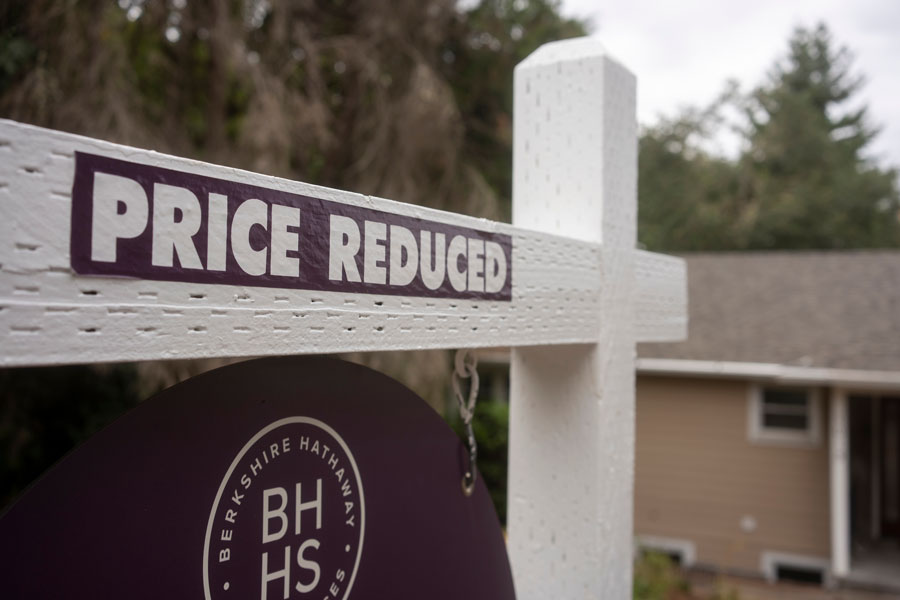LAS VEGAS, NV – After lowering from the all-time high that was originally achieved in 2022, home prices in Las Vegas have been slowly but surely creeping back up to that lofty level, with November 2024’s numbers coming the closest yet to that record amount.
In November, the median price for a single-family home sold in Southern Nevada via Las Vegas Realtors’ Multiple Listings Service was $480,000, which represents a 6.7 percent jump over November 2023’s $450,000 median price; it is also now just $2,000 shy of May 2022’s all-time record high amount of $482,000.
Meanwhile, November’s median price for condominiums and townhomes was $301,250, a decrease from October’s all-time record high of $315,000, but still a 9.5 percent increase year-over-year.
Currently, Southern Nevada is in the grips of a housing crisis driven by a number of issues, such as high mortgage and interest rates, a dwindling amount of land that can be developed, and affluent buyers from neighboring states such as California whose big bank accounts are squeezing out locals when it comes to homebuying competition.
There is now an approximate three-and-a-half months’ supply of homes on the market in Las Vegas, which experienced its worst year for sales in 2023 since 2008; however, Las Vegas Realtors President Merri Perry said in a statement that the local real estate market in 2024 has improved and that she is hopeful that 2025 will bring much-needed stability to the region.
Increases in the number of homes available for sale and in the number of properties being sold this year are good signs for our housing market heading into 2025,” she said.
At the end of November, there were 5,570 single family homes listed on the Las Vegas market without any offers, which represents an increase of 28 percent year-over-year. In addition, there were 1,856 condos and townhomes listed without offers in November, a whopping 47.2 percent jump from the same period of time one year prior.
Shelter Realty Property Management specializes in the areas of Henderson, Las Vegas and North Las Vegas, NV. Feel free to give us a call at 702.376.7379 so we can answer any questions you may have.
Christopher Boyle is an expert investigative journalist for SEARCHEN NETWORKS® and reports for independent news and media organizations in the United States. Christopher keeps a keen-eye on what’s happening in the Vegas real estate market on behalf of Shelter Realty Property Management











